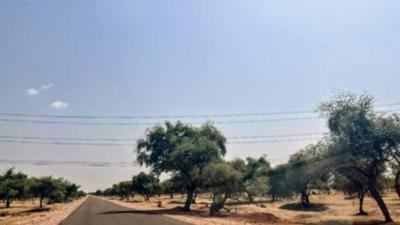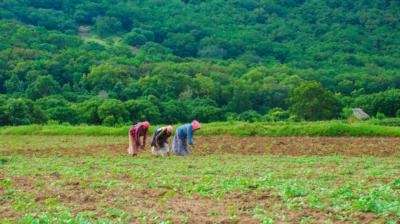Income Guarantees and Borrowing in Risky Environments: Evidence from India's Rural Employment Guarantee Scheme
This paper investigates the effects of an income guarantee on borrowing to smooth consumption and finance cultivation in a risky setting with marked seasonality. A three-season, infinite-horizon theoretical model is developed and analyzed. The insights yielded by the model are then used to interpret results from an empirical analysis which uses data on a sample of households in a semi-arid region of Odisha state. The potential endogeneity of borrowing and NREGS earnings is instrumented using the female reservation for local elections. An additional day of work at the regulated wage reduces the estimated amount borrowed for consumption by about half the wage. For the financing of working capital, it increases such borrowing by an estimated amount that is almost twice as large as the wage. NREGS is therefore effectively a substitute for borrowing if a household does not cultivate, but a complement if it does so.




